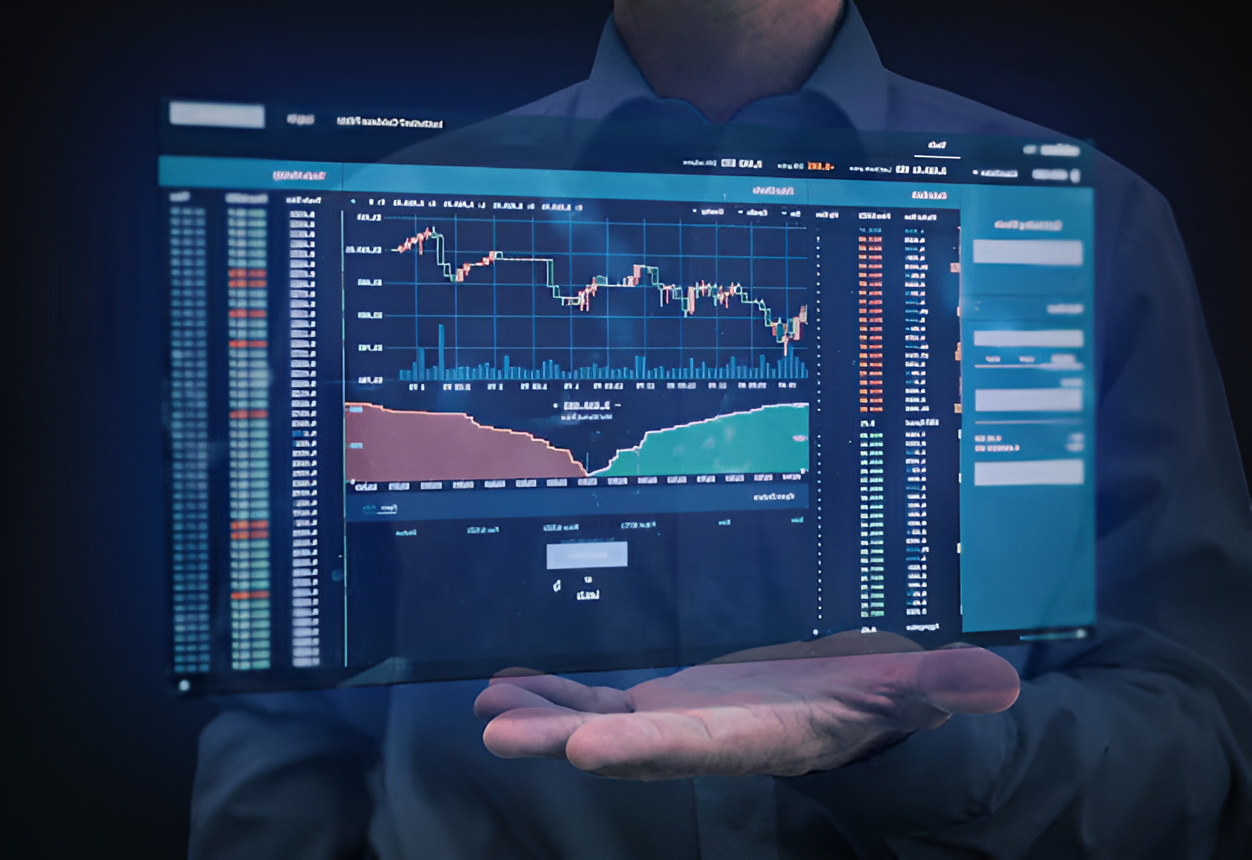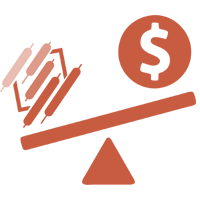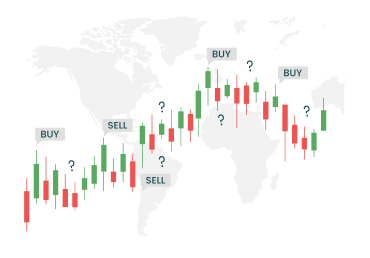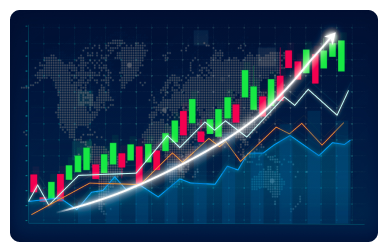Trading involves buying and selling financial instruments like stocks, commodities, currencies, or cryptocurrencies in order to make a profit.

About Bithub Trade
Trade is the backbone of economic development, fostering the exchange of goods, services, and capital across borders. It enables countries to specialize in producing goods where they have a comparative advantage, leading to more efficient resource allocation and increased global output. Historically, trade has played a crucial role in shaping civilizations, spreading cultures, and advancing technologies. In today’s interconnected world, international trade drives globalization, promotes innovation, and creates employment opportunities.
Economic Growth
Trade promotes economic growth by increasing the production and consumption of goods and services. It helps countries generate revenue, leading to higher GDP.
Lower Costs and Prices
International trade encourages competition, which helps reduce costs and prices, benefiting consumers. It also allows companies to source cheaper raw materials and inputs globally.
Specialization and Efficiency
Trade allows countries to specialize in producing goods where they have a comparative advantage, improving productivity and efficiency.
Improved Standard of Living
By making goods more affordable and increasing income through new job opportunities, trade helps improve the overall standard of living.

Why Choose Forex Trading?

High Liquidity
With over $7.5 trillion traded daily, forex offers the highest market liquidity in the world.

24/5 Market Access
Trade anytime, from Monday to Friday, regardless of your time zone.

Leverage Trading
Increase your potential profits with leveraged trading options.

Low Transaction Costs
Forex trading generally comes with low spreads and commission fees.
FAQ’s
-
What is trading?
-
What are the different types of trading?
The main types of trading include:
Stock trading: Buying and selling shares of publicly listed companies.
Forex trading: Trading currencies in the foreign exchange market.
Commodities trading: Trading physical goods like gold, oil, and agricultural products.
Cryptocurrency trading: Trading digital currencies like Bitcoin, Ethereum, etc.
Options & derivatives trading: Trading contracts based on the value of underlying assets. -
How do I start trading?
To start trading, follow these steps:
Choose a market (stocks, forex, crypto, etc.).
Open an account with a broker.
Deposit funds.
Learn trading strategies and market analysis.
Start with small trades and practice risk management. -
What is a broker?
A broker is a financial service provider that facilitates the buying and selling of financial instruments for traders.
-
What is leverage in trading?
Leverage allows traders to control a larger position with a smaller amount of capital by borrowing funds from the broker. While it can increase potential profits, it also magnifies losses.




